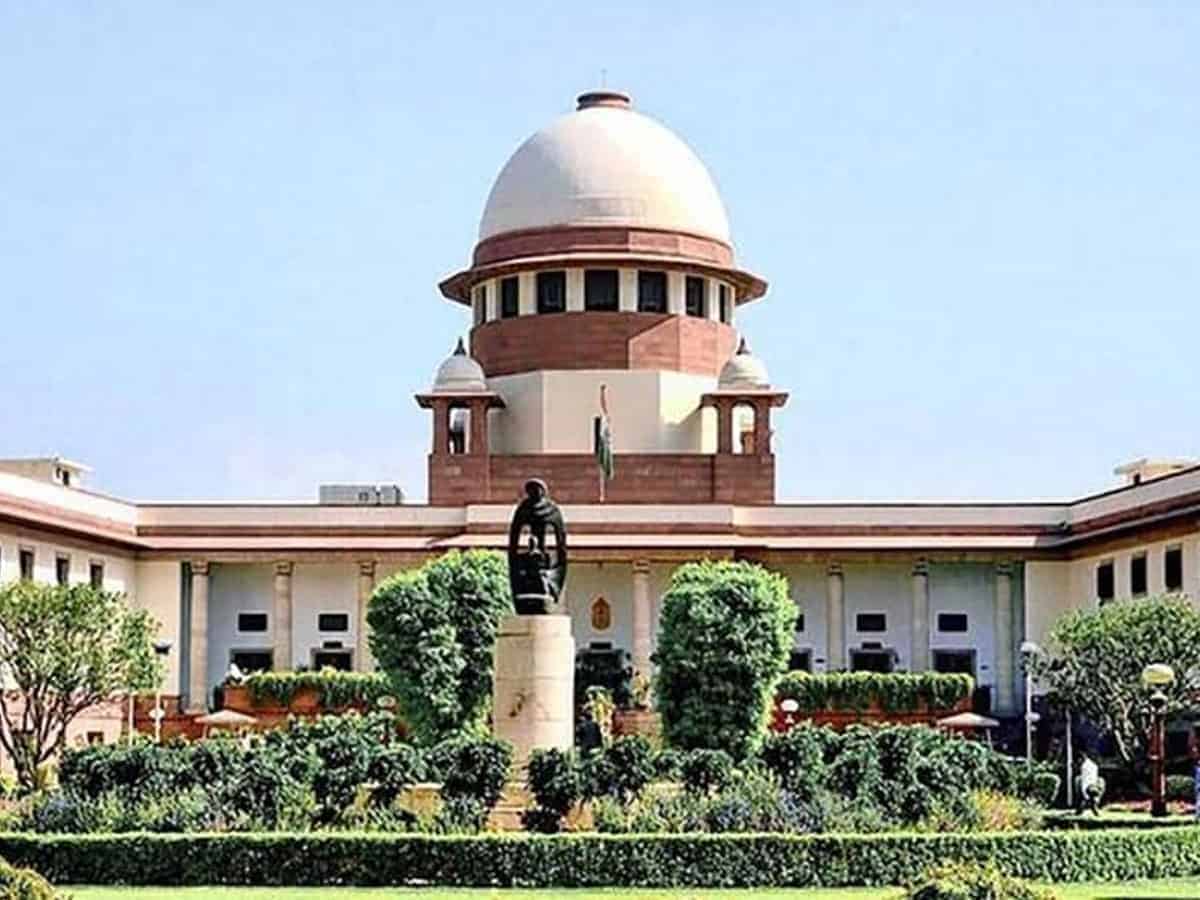
New Delhi: The Supreme Court on Monday rejected the regular bail pleas of former deputy chief minister Manish Sisodia in corruption and money-laundering cases related to the alleged Delhi excise policy scam.
A bench of Justice Sanjiv Khanna and Justice SVN Bhatti said it has recorded the statements of the probe agencies that the trial in these cases will conclude in six to eight months.
But if the trial proceeds in a “sloppy manner”, then Sisodia will be at liberty to apply for bail in these cases in three months, the bench said.
The top court pronounced its verdict on Sisodia’s two separate regular bail pleas filed in corruption and money-laundering cases related to the now-scrapped Delhi excise policy. It had on October 17 reserved its verdict on both the pleas.
Sisodia was arrested by the Central Bureau of Investigation (CBI) on February 26 for his alleged role in the “scam”. The Aam Aadmi Party (AAP) leader has been in custody since then.
The ED arrested Sisodia in a money-laundering case stemming from the CBI FIR on March 9 after questioning him in Tihar jail. Sisodia resigned from the Delhi cabinet on February 28.
The high court denied him bail in the CBI case on May 30, saying having been the deputy chief minister and excise minister, he is a “high-profile” person who has the potential to influence the witnesses.
On July 3, the high court declined him bail in the money-laundering case linked to alleged irregularities in the city government’s excise policy, holding that the charges against him are “very serious in nature”.
The Delhi government had implemented the policy on November 17, 2021, but scrapped it at the end of September 2022 amid allegations of corruption. According to the investigating agencies, the profit margins of wholesalers were increased from 5 percent to 12 percent under the new policy.
The agencies have alleged that the new policy resulted in cartelisation and those ineligible for liquor licences were favoured for monetary benefits. However, the Delhi government and Sisodia have denied any wrongdoing and said the new policy would have led to an increase in Delhi’s revenue share.
